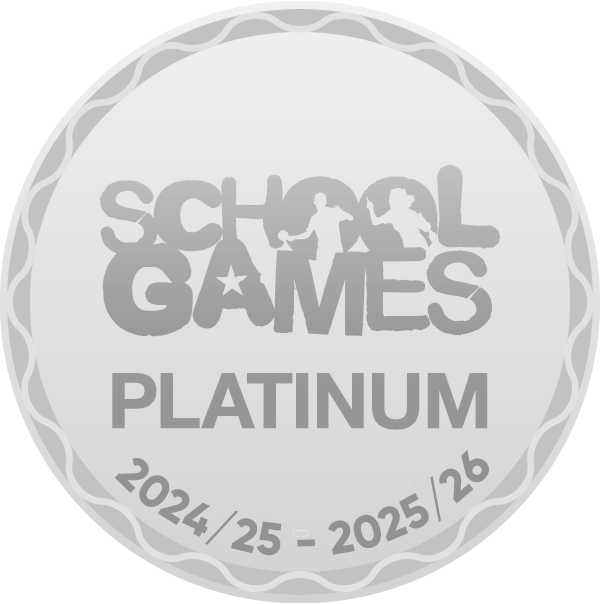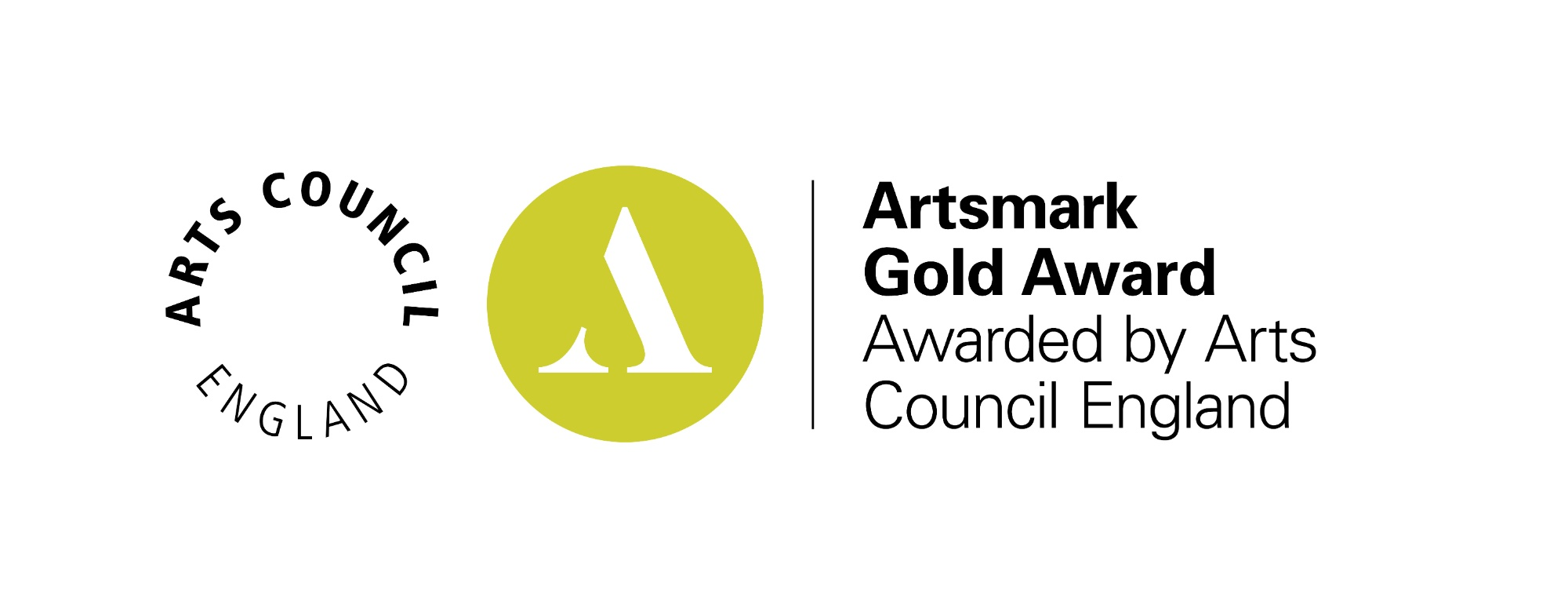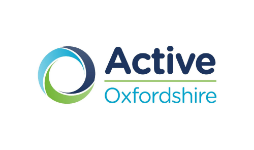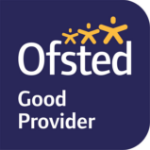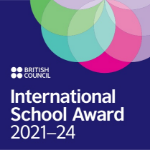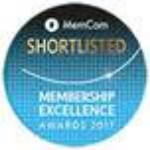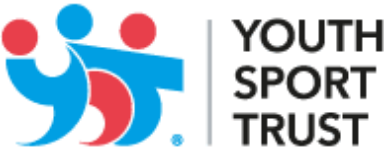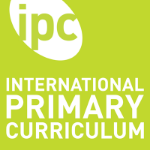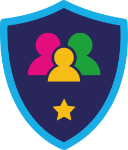Computing
Computing Narrative.
In Foundation Stage, children are exposed to and use technology daily. Children are encouraged to use iPads to take photographs and work collectively to access technology for games, researching topics and viewing digital media. They also have access to old technology, such as tills, computers and phones, to use in role-play to build experiences with the digital world. In KS1 we aim to teach the basic skills to support children to access technology and word process themselves, while recognising the use of technology around them including the advantages, disadvantages and importantly how to use it safely. By the end of KS1, we aim for them to have some intent and creativity when word processing. As their language and grammar skills improve, we introduce a greater variety of software and choice in KS2, expecting more detail and intent; supporting them to think about how they can communicate, collaborate and contribute to the wider world through technology. We begin to work more in project form using a shared space to access their work. This allows them to build on their skills across a sequence of lessons. UKS2 has a much greater emphasis on refining their work to be interactive and interesting for an audience across a range of software – confidently combining media, research and hardware and software, evaluating their work more explicitly. Throughout KS2 we explore an element of technology of the online world to understand how it works.
Pupils are taught in Computer Science to think logically to make things happen with technology, breaking down problems and solving them throughout. Initially, it is very practical using hardware such as beebots, which are introduced in Foundation Stage to support their Maths, and built on in KS1. By KS2, children move to the abstract, working with software such as Logo, Scratch and combining hardware and software in Sam’s Lab – writing algorithms, thinking logically about what functions are required and solving bugs.
Throughout the school E-Safety is taught at the start at the start of the year and regularly throughout, with children recognising first how to be safe, then how to interact with others, how to report issues and how to filter information in the online world, both through active research and what they naturally experience. The SMART rules are the starting point across all year groups.

